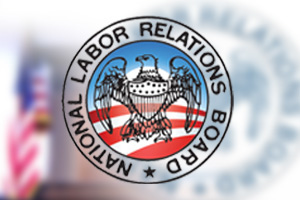In November, Cause of Action sent a request for investigation to the National Labor Relations Board regarding improper communications between former Member and Chairman Wilma Liebman and Acting General Counsel Lafe Solomon. We have just received an update from the NLRB to a FOIA request we sent on this matter, and what we were told is worth noting.
In communications that were delivered to us via FOIA production, Cause of Action found through redacted emails that Solomon and Liebman were communicating about a press strategy regarding the case that the NLRB brought against Boeing. As Cause of Action has previously pointed out, the NLRB’s own ex parte rules prohibit communications with outside, interested persons. In this case, Liebman and Solomon should have had no communications about the Boeing case, as Solomon was the acting counsel on the case. Doing so in regard to a press inquiry is a clear violation of these rules.
In a letter from
Lafe Solomon to CoA dated April 9, 2012, the NLRB states that, “The previously redacted portions of these documents, in fact, demonstrate that Agency's internal deliberations were structured to specifically respond to the two questions posed by the CNN producer.”
Solomon clearly acknowledges what we found in the emails: That he and Wilma Liebman were engaged in communications about press strategy concerning the Boeing case. With Solomon acting as the General Counsel, will we ever see an investigation into this most recent example of the NLRB acting in its own interests, and even violating rules? Or will this Board continue to behave as if it has no accountability?
Some of the redacted emails we received via FOIA to the NLRB:
